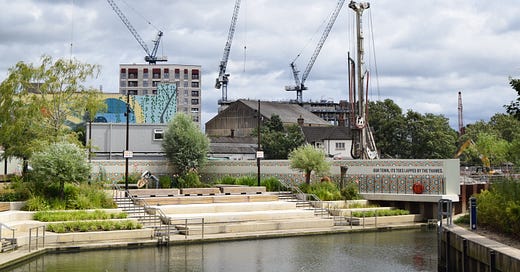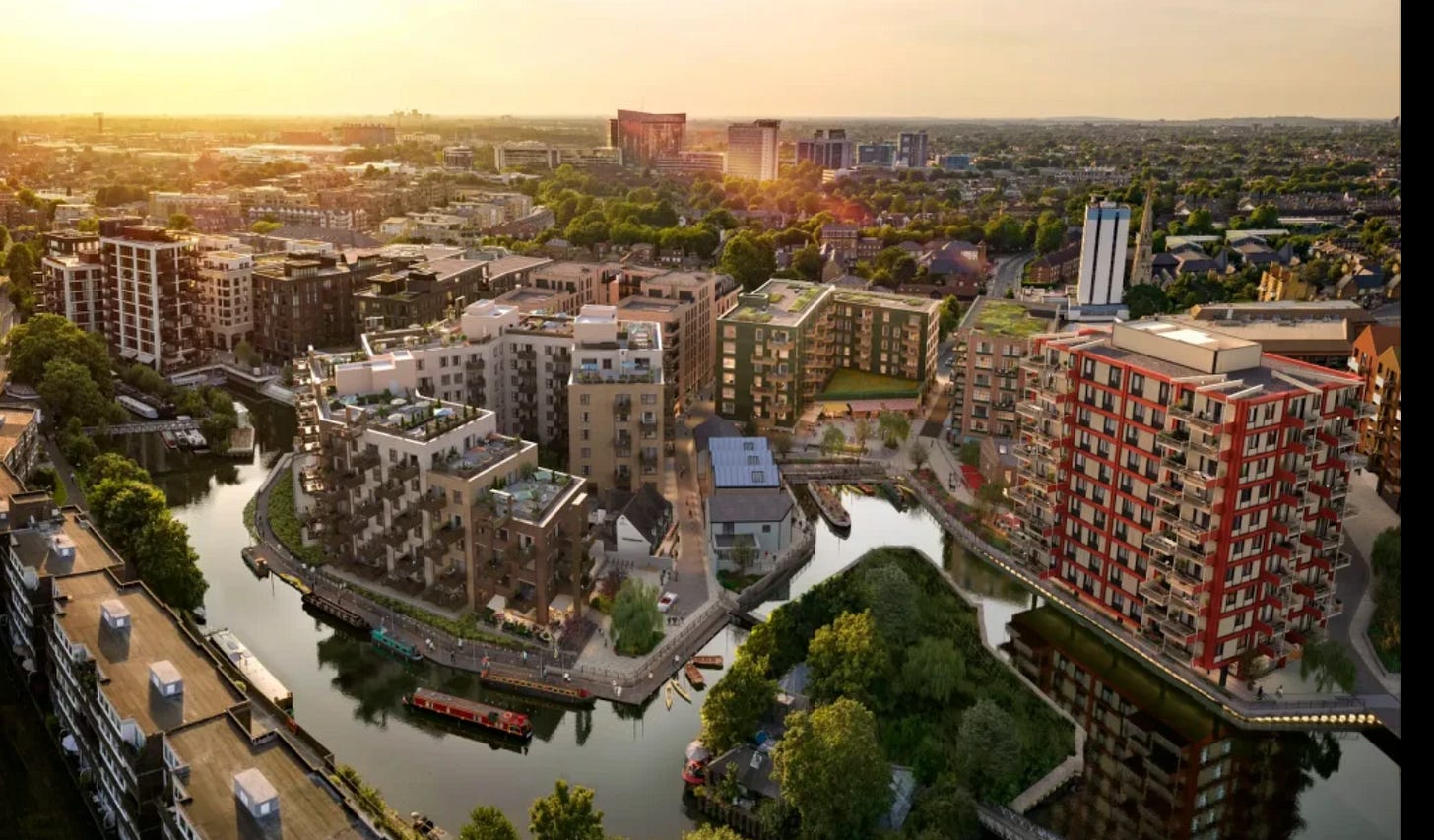Local authorities asked to consider penalties on developers for slow delivery of homes
Richmond, Hounslow and Ealing have been asked to discuss ways to accelerate the delivery of homes
The government has asked local authorities to consider a range of measures that offer penalties and incentives to developers to accelerate the delivery of new homes.
Ealing Council’s planning advisory committee met on Tuesday to discuss the government's proposals to speed up the delivery of 1.5 million homes across the country.
The committee heard that the government paper, Implementing measures to improve Build Out transparency, recognises that the slow build out of approved housing is of great frustration to local planning authorities and many communities and seeks views on options to ensure that developers have the right incentives to speed up building and local planning authorities have the tools to encourage them.
The slow transition between the granting of planning permission and the start of construction has left areas such as Ealing Broadway and Brentford in limbo, although this can’t always be blamed on developers.
The consultation follows a report by the Competition and Markets Authority which found that slow delivery of homes was partly caused by private developers producing houses at a rate at which they can be sold without needing to reduce their prices, rather than diversifying the types and numbers of homes they build to meet the needs of different communities, such as providing affordable housing.
The paper proposes:
A delayed homes penalty for developers who fall ten percent or more behind an agreed build out schedule without a good reason
A compulsory purchase measure in the Levelling Up and Regeneration Act will remove risks to the use of compulsory purchase orders on stalled sites.
The committee also heard that the arbitration and resolution of build out disputes could become a brake on house building in itself.
At the meeting, Councillor Ray Wall welcomed the government’s proposals. “Financial penalties if developments are not built out at speed should be a part of the planning application process. The building of Southall’s Green Quarter has been very slow for a variety of reasons. If you set a financial penalty in the building timescale then you would need a compulsory purchase order and not-for-profit developer to take over the project,” he said.
Wall added that it was vital that the council ensure its processes were more efficient in planning and post planning. He said that the council should work with smaller developers to make it easier for them to negotiate the planning process effectively.
But it’s clear that there are more challenges in delivering homes than just the pace of developers. In a report due to be discussed by the council’s economy and sustainability scrutiny panel on 2 July, the council highlights several factors affecting the local housing market.
Building costs remain high which is a greater factor in the delivery of affordable homes where margins are tighter.
New building regulations particularly for high rise buildings are delaying projects for 12-36 months. Some projects have had to redesign plans to incorporate a secondary staircase.
Local authorities and housing associations are diverting money towards retrofitting older properties for environmental and safety reasons, so reducing the amount of money for new building.
Five schemes of around 500 homes are close to completion and 600 new homes are on course for construction. A further 1,900 are expected to be built in the near future.






